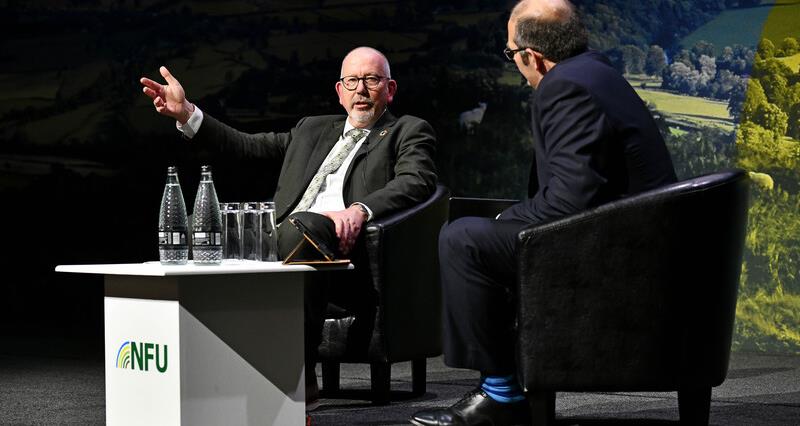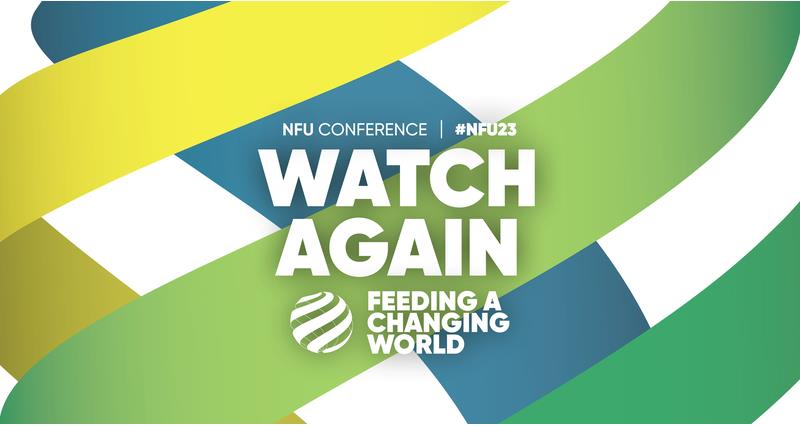Food security expert Professor Tim Benton made the claim while speaking to NFU Deputy President Tom Bradshaw.
He went on to say that the government’s main strategies will not achieve this change
Prof Benton said: “Productivity growth and land sparing, our current government’s main strategies, will not achieve the necessary social outcomes.
“We need to change the structure of the market to enable the consumption change to enable you to get a fair wage for delivering more sustainable goods. And that might be incentivised by the next five years of geopolitical change.”
Government needs to lead
“We talk all the time about innovation – the technology silver bullet – but we need institutional innovation and we need governance innovation.
“And we need government to stand up to create a long-term vision for change that will deliver what you need as farmers, as business people, and what citizens need in terms of dealing with the environment and access to a healthy diet in a way that they can afford. So we need the government to lead,” Prof Benton said.
Making the system better
Prof Benton said there was growing recognition in society that we need to better make our food system better for a number of reasons, including our health and diet.
“Our food system is now part of the problem from a social perspective because of poor health and diet.”
Professor Tim Benton Director, Environment and Society Programme, Royal Institute of International Affairs, Chatham House
“Our food system is now part of the problem from a social perspective because of poor health and diet. Globally, one in ten people in the world is now chronically undernourished, but 40% are overweight or obese.
“In the UK, nearly two-thirds of adults are overweight or obese and that is part of the reason why we have the pressure on the health service. We need to get our diets right to save the health service as much as we need to get our agriculture sustainable to save the environment.
Producing healthy food
“From a health perspective, at a global level, we do not grow, we do not incentivise through the market, production of food sufficient to allow people to eat healthily. We grow about a third of the fruit and vegetables that would be needed if everyone ate five a day.
“We need to transform our food system to get health right, we need to transform our food system to get the environment right and, as 2022 has shown, we also need to transform our food system to get resilience right.”
Meet the speakers from this session
Tom Bradshaw
NFU President
The home farm is based around arable production but has also diversified into equestrian and renewables.
Tom has represented the NFU from Local Branch Chairman through to Chair of the National Combinable Crops Board.
Tom was elected to the position of NFU President in February 2024.
Responsibilities
- Animal health and welfare incl. bTB
- Trade and standards
- Climate, energy and net zero
- Food supply chain (fair dealing, mergers and acquisitions, competition, regulation)
- Animal ID and movements
- Assurance review
- Taxation and fiscal policy
- Immigration


